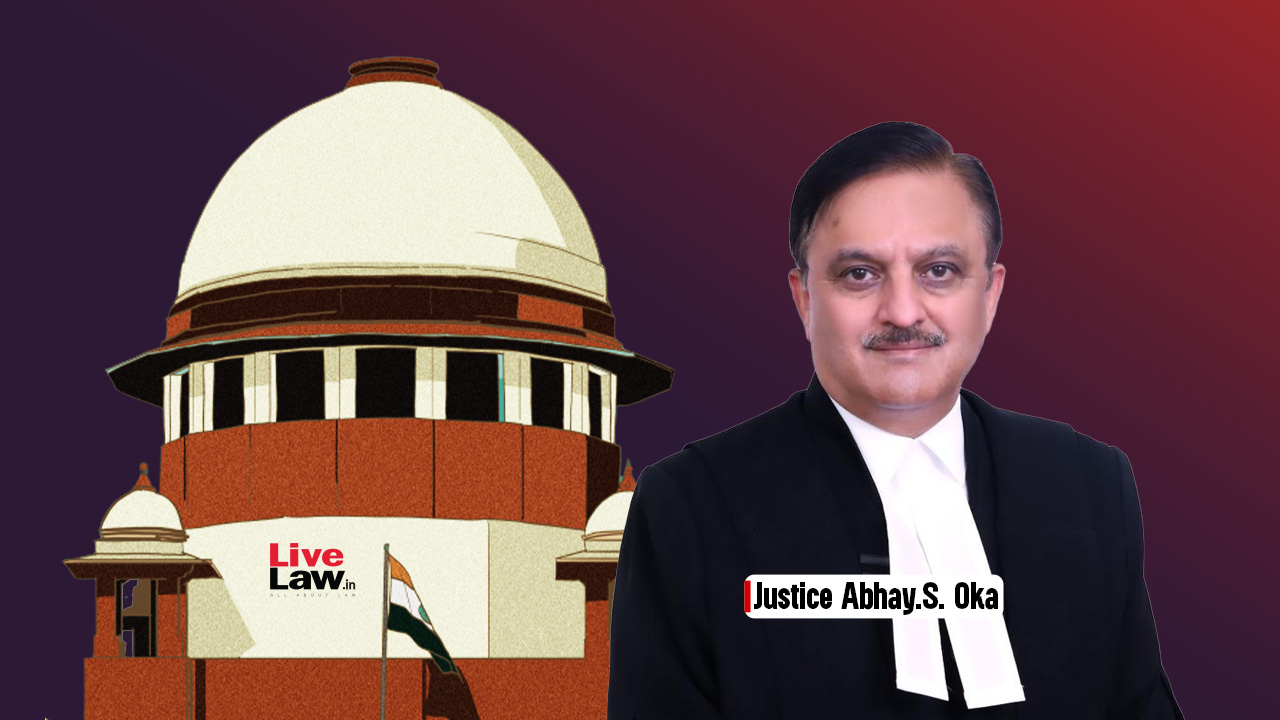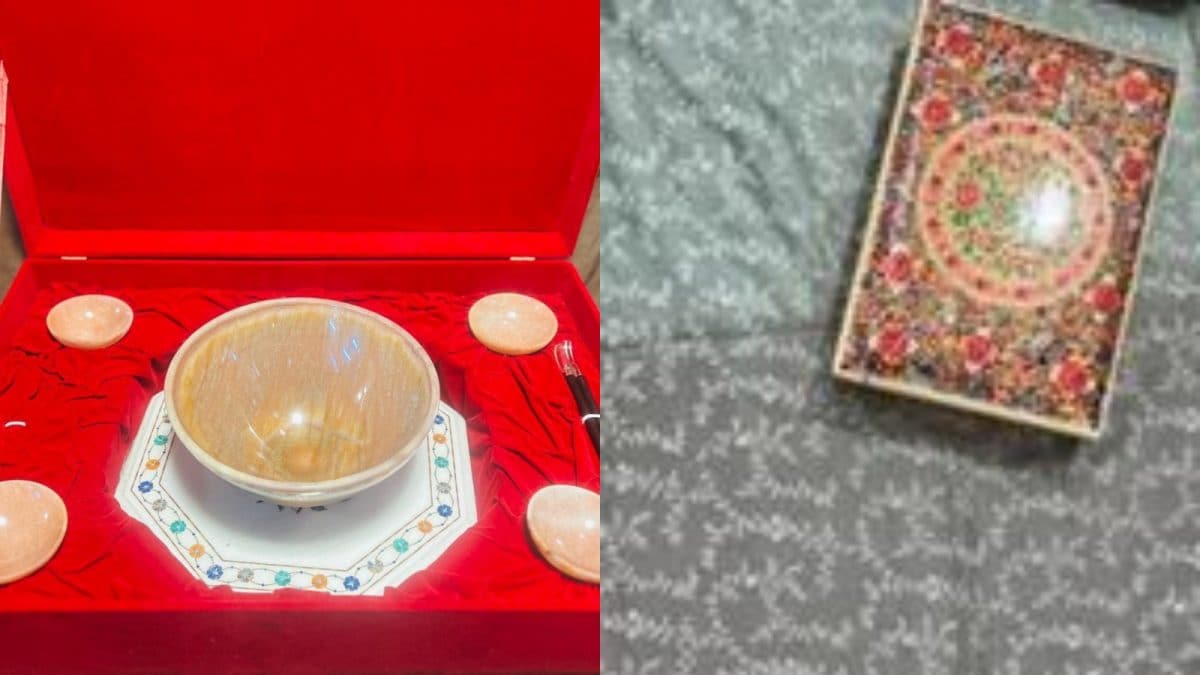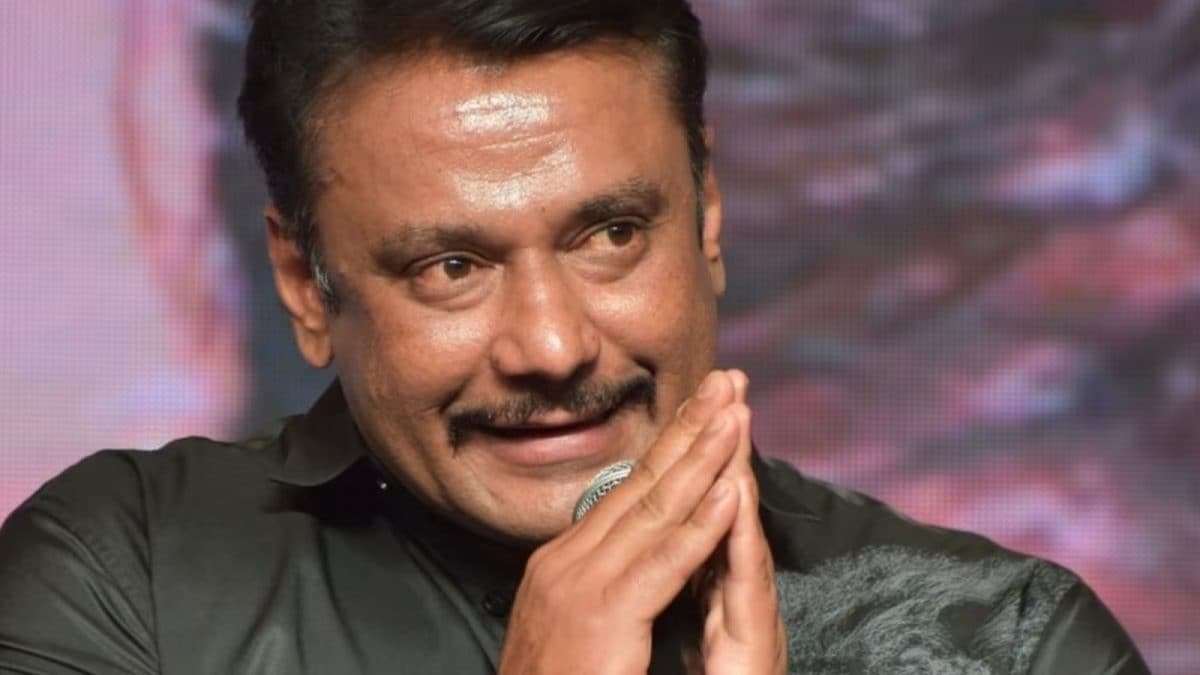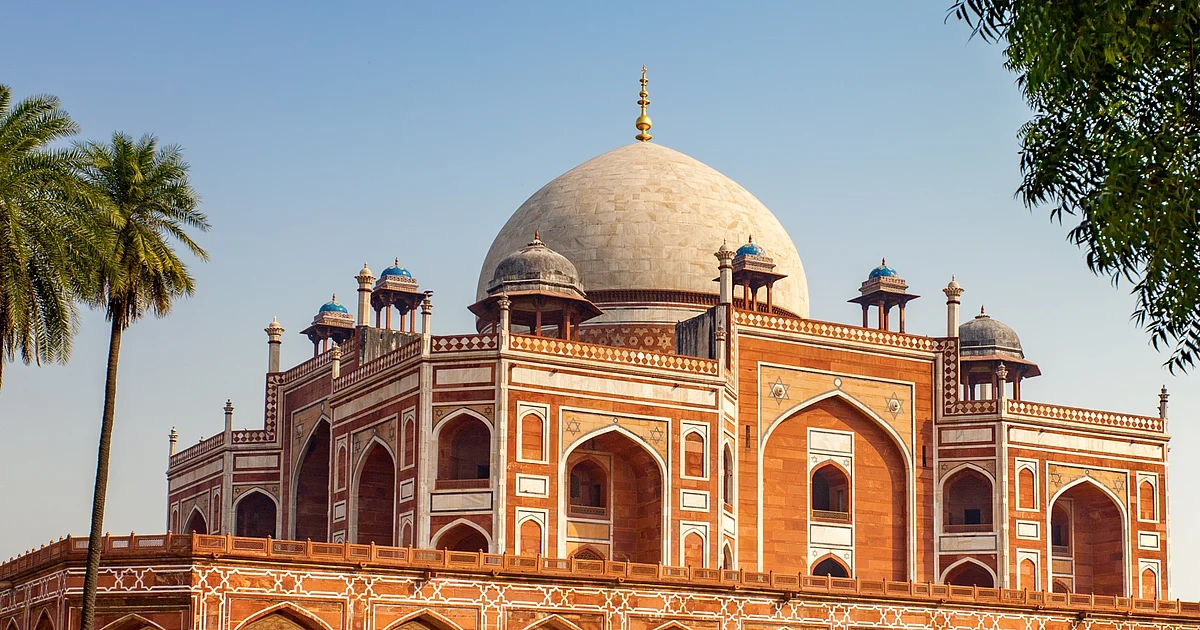Justice Abhay Oka during his farewell speech organized by the Supreme Court Bar Association reflected on his judicial journey and gave various suggestions for reforming the judiciary. He raised concerns about the case listing practices in the Supreme Court and suggested reforms to improve transparency and fairness.
He noted that the Supreme Court must move away from being a Chief Justice-centric institution and instead function more democratically, like the High Courts which work through committees and administrative bodies.
“One difference, which I felt between the High Courts and Supreme Court is – in High Courts, of course Chief Justice is the master of roster, but the High Courts function more democratically than the Supreme Court because there is administrative committee in place of first 5 judges. And that administrative committee takes major important decisions regarding the administration. The High Courts function through committees. Somehow I found, during last 3 years and more that the Supreme Court is Chief Justice centric court. And I think we need to change that because Supreme Court is a court of 34 judges who come from different areas of our country and therefore. The image of Supreme Court as the Chief Justice centric court needs a change and I am not giving you promise but I’m sure that you will see that change from the new Chief Justice.”
Justice Oka further said that the selective listing of matters had always bothered him, including during his tenure in the Karnataka High Court. He expressed the view that such practices should change.
He spoke about efforts in the Karnataka High Court with the help of Justices BV Nagarathna and Aravind Kumar during the pandemic to implement an auto-listing system where all matters were listed automatically, avoiding discretion and complaints about selective listings. He advocated for a fixed roster system in the Supreme Court similar to High Courts, which would reduce discretionary powers and enhance fairness.
“Otherwise people complain that why some cases listed on the next day, but some other case remains pending for 20 days or even more than that. And one solution which I found was in High Court there is a fixed roster and once there is a fixed roster, even that does not give discretion even to the Chief Justice. All matters are listed before appropriate benches as per the roster”, he highlighted.
Justice Oka added, “After having worked in constitutional courts for almost 22 years. I believe in one thing. We cannot have better listing unless we reduce the manual intervention to the minimum. And we have AI technology. We have other technology, we have software, I mean that can really help so that the listing must become rational…Because ultimately, we must remember that Supreme Court is not only Constitutional court, it’s the appellate court, and therefore appeals of common man come to this court and therefore to give relief to the common man, we should have a system of listing which will rule out manual intervention.”
Justice Oka shared his emotions about demitting office, stating that while many view retirement as gaining freedom, he did not. He said that true freedom to do justice lies in being a judge, and that freedom ends with retirement.
He served as a judge in three constitutional courts for 21 years and 9 months, and acknowledged the deep involvement that comes with judicial work. He said, “judgeship becomes life and life is judgeship,” and now he would have to discover if there is life outside of it. He hoped to lead a constructive life post-retirement and requested a few days of reflection before deciding his future course.
Justice Oka rejected the notion that judges make a sacrifice when they leave behind successful legal careers at the bar and get elevated to the bench. He said any sacrifice is not made by the judge but by the family.
He highlighted the role of his wife, Anuja, as having made the “maximum sacrifice” and recounted how his father, a leading civil lawyer, quit practice and never entered court premises after Justice Oka’s appointment as a judge in 2003. He thanked his entire family for their support, and added in a lighter tone that his sons, by staying away from the legal profession, had given him relief as a judge.
He recalled starting his career at the District Court in Athani on 28 June 1983. He said he had not imagined he would reach the High Court, but received early support from Justice Srikrishna, who allowed him to share his chamber before being elevated. Justice Oka spoke at length about his years in the Bombay High Court, where he worked across all jurisdictions under the guidance of several Chief Justices.
He discussed his time as Chief Justice of the Karnataka High Court, where he made a point to sit with all judges in order of seniority and ensured each sat with him during the pandemic. He noted how even on his first day, he had to adjust to different courtroom conventions in Karnataka.
“In Karnataka, something basic I had to learn because in all High Courts and Supreme Court you will find that senior judge sits on the right-hand side and junior judge sits on the left hand side. In Karnataka exactly it is reverse. So I sat with Justice PS Yash Kumar. I almost occupied the wrong seat. On the first day he corrected me.”
He said he declined to give interviews to the media before retirement, citing the need for a “cooling period” of two to three months due to the emotional nature of retirement.
Justice Oka said that the judiciary had neglected trial and district courts, which are the “backbone” of the system and the courts of the common man. He welcomed the formation of a committee by the Chief Justice to prepare an action plan to reduce pendency in these courts. He said cases pending for 30 to 40 years in trial courts needed urgent attention and highlighted the need to avoid using terms like “subordinate court” for them, stating that such terminology goes against constitutional principles.
He also highlighted the pendency of criminal appeals in High Courts. He said many are pending for 20 to 25 years and that attention is often only given to appeals of convicts who are in jail. He said appeals involving those on bail should also be prioritised, as it is harsh to send someone to jail after 20 years of liberty. He mentioned partition suits and other civil matters that drag on for decades, saying this undermines justice to the common man.
Justice Oka said the Supreme Court should not focus only on itself but on the common litigant and trial courts. He expressed satisfaction that recently retired Chief Justice of India, Sanjiv Khanna, brought transparency to the court’s functioning by taking decisions with the consent of all judges.
Justice Oka also appreciated Chief Justice Bhushan Gavai’s democratic approach and values.
“My dear friend Justice Bhushan Gavai has democratic values in his blood. His father was chairperson of Legislative Council in Maharashtra and as I said in Bar Council function. In practice days I used to appear in many political matters. Every political leader is to come to me and say that they are not seen Democrat like his father. And therefore. I am so happy that Justice Bhushan Gavai is the Chief Justice”, Justice Oka said.





